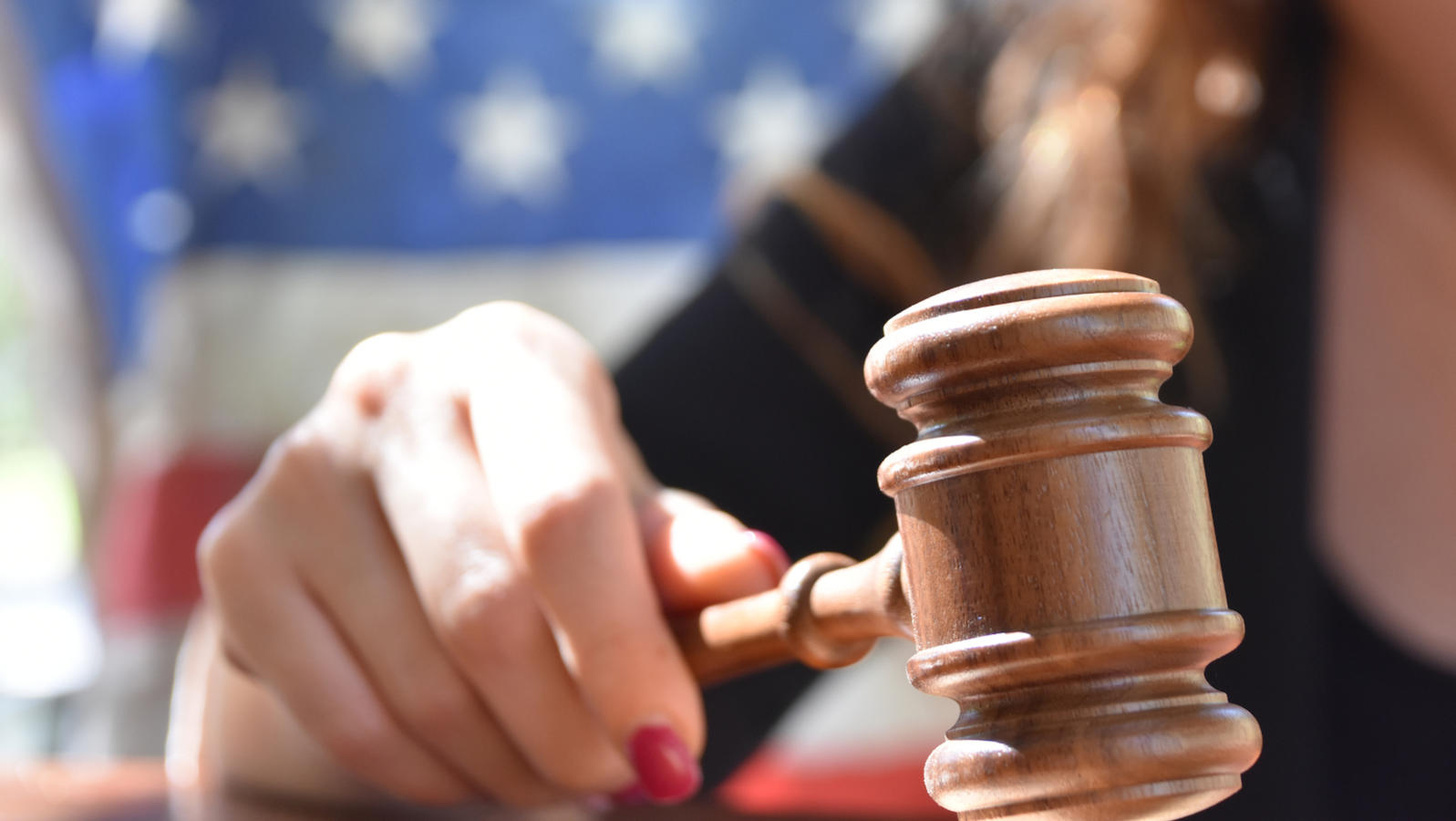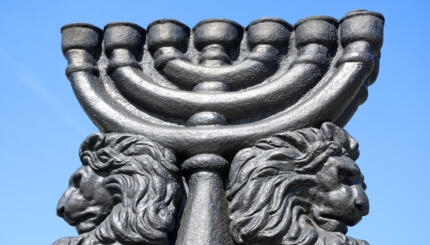Commentary on Parashat Mishpatim, Exodus 21:1-24:18
At its deepest core, America prides itself on the rule of law–the insistence that no individual, however wealthy, influential, popular or powerful, is superior to the rules which govern human conduct. Above any individual — even the president of the United States — is a body of laws that translate general principles into legal guidelines for harmonious living.
The Case in America
That priority was not always the case in America. The West, with its frontier ethic, the South with its racial hatred, and the Northeast with its violence against labor unions often acted against this general commitment to the rule of law. As great a president as Andrew Jackson was, when told of a decision of the Supreme Court that he opposed, responded, “They’ve made their decision, now let them get their own troops to enforce it!”
In our own age as well, we are accustomed to various presidents claiming immunity from various laws because of their high office. For all the times that Americans don’t live up to the principle of law, that ideal still remains a potent force for justice and equality in our society.
That principle allowed the Reverend Martin Luther King to fight the powerful status quo of the South and of Chicago. It allowed student protesters to publicize unpopular views, and it allowed the women’s movement and the environmentalists to be able to oppose injustice in our courts. The principle that the law is supreme is a direct inheritance from our biblical heritage.
With your help, My Jewish Learning can provide endless opportunities for learning, connection and discovery.
The Torah is a Law Book
The Torah itself is, in part, a book of law, presenting the Jewish conviction that the will of God is translated into action through law. By using the metaphor of law to frame Jewish religious obligations, our tradition lifts goodness beyond the flimsy level of preference or mood, establishing the hatred of evil and the pursuit of righteousness as a mandate at all times and places.
The Torah argues for the rule of law not only through its overarching structure, but also explicitly in today’s portion. “In all charges…the case of both parties shall come before judges.” Establishing courts of law where disputes can be resolved is a requirement that the Torah views as an indispensable part of a religious society. According to rabbinic understanding, this obligation applies throughout time, not only while the Temple stood in Jerusalem. And it binds in all places, not only in the Land of Israel.
As the author of the Sefer Ha-Hinnukh (13th Century Spain) recognized, the absence of a legal system and open trials “causes ruin for the land, since a country cannot be civilized except by law.” That perception echoes the claim of the Mishnah that “the world stands on three things,” one of which is law. Not only is this mitzvah binding on Jews, but rabbinic tradition applies this minimal requirement to all peoples.
Out of the 613 biblical commandments, only seven pertained to B’nei Noah (the children of Noah), all of humanity. These laws were of such import that no person could claim to be civilized, or fully human, without embracing them. For the Rabbis, establishing courts of justice was a fundamental human act, one that allowed for the values of ethical monotheism to extend to everyone, regardless of their religious affiliation or social status.
Ours is a religion of law. Take away the force of law and Judaism is nothing more than (at best) helpful suggestions. Just as one cannot claim to embrace American values without adhering to American law, so too one cannot distinguish Jewish values from Jewish law. But the point here goes beyond the structure of our faith, beyond a definition of what it means to be an American.
By insisting that the establishments of law courts are part of the laws of B’nei Noah, our tradition reminds us that the key to human potential and harmony is adherence to a legal system that is accessible, fair, speedy and just. As Jews, as Americans, and as human beings, we all have an interest in that.
Provided by the Ziegler School of Rabbinic Studies, which ordains Conservative rabbis at the American Jewish University.
Mishnah
Pronounced: MISH-nuh, Origin: Hebrew, code of Jewish law compiled in the first centuries of the Common Era. Together with the Gemara, it makes up the Talmud.
mitzvah
Pronounced: MITZ-vuh or meetz-VAH, Origin: Hebrew, commandment, also used to mean good deed.
Torah
Pronunced: TORE-uh, Origin: Hebrew, the Five Books of Moses.



